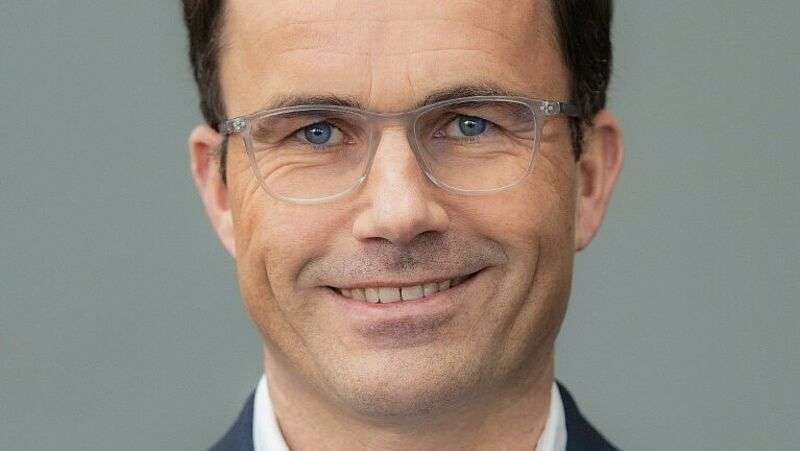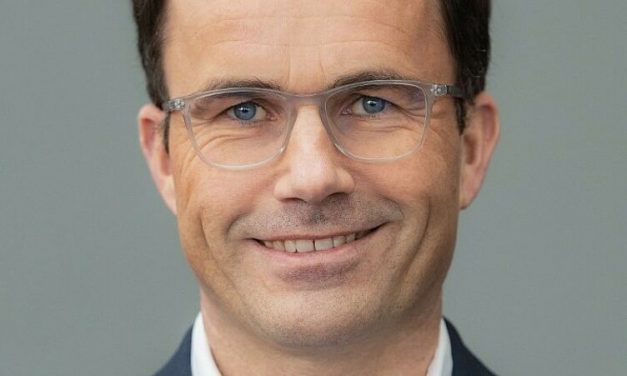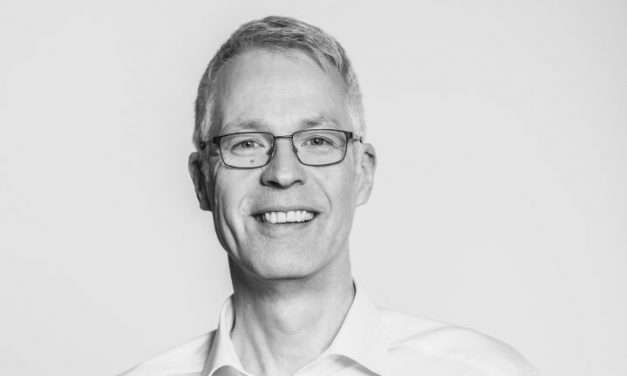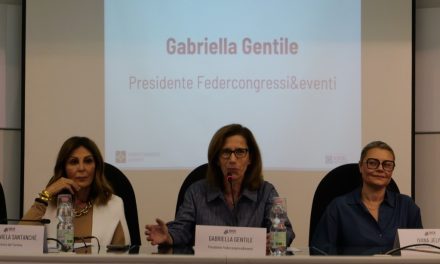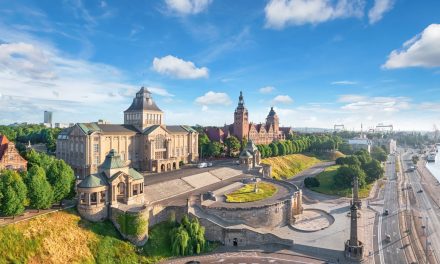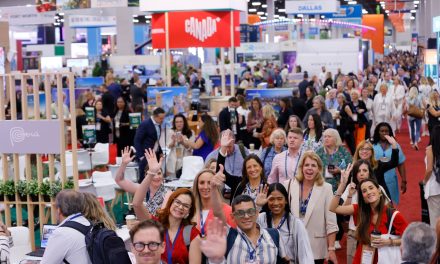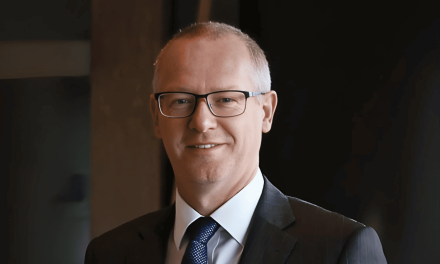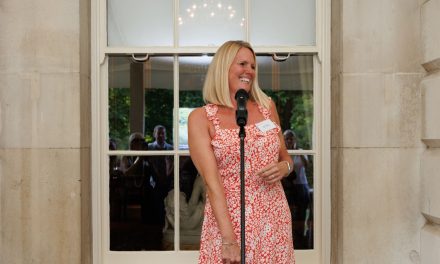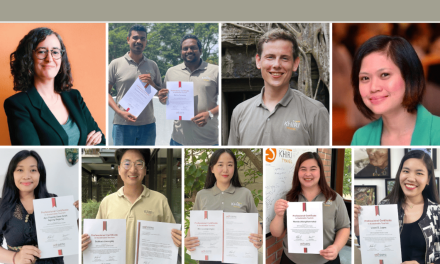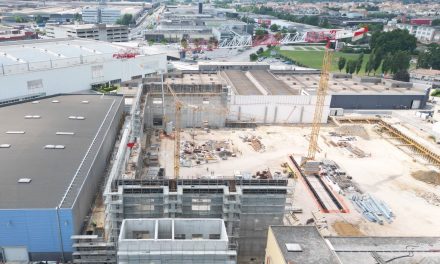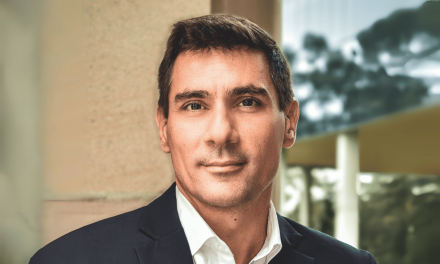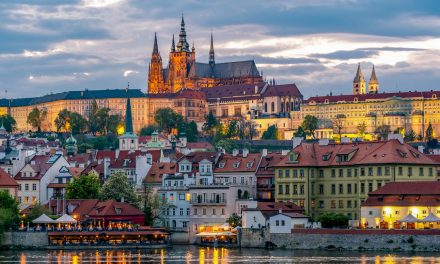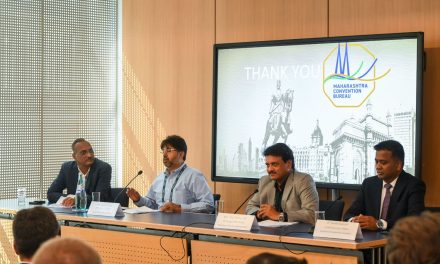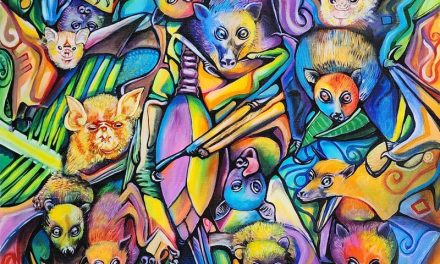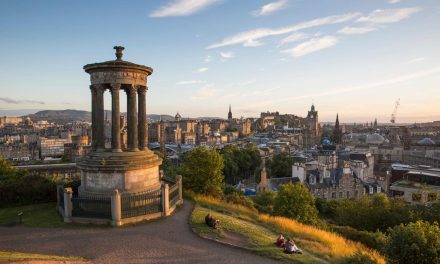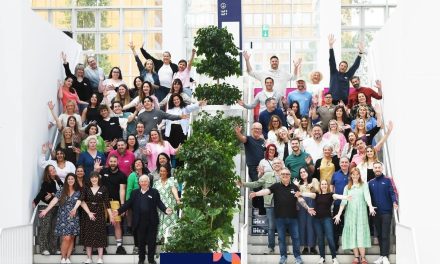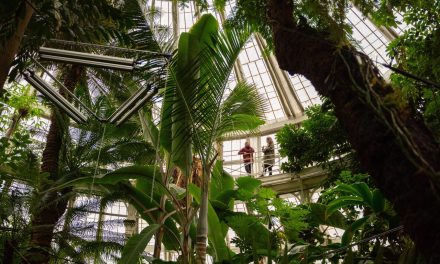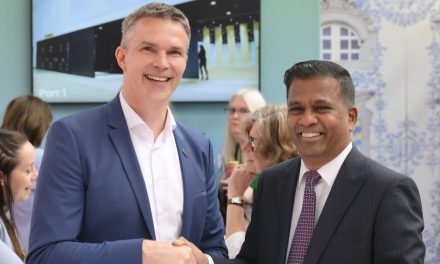CIM: What proportion of your portfolio is taken up by conventions?
Stefan Köster: Here in Hanover we have hardly any pure trade fairs or conventions now. There is barely a trade fair without a meeting component. The aim is to strengthen the content offered by the event. For marketing reasons, conventions without an exhibition are scarcely feasible. Particularly in the case of corporate events, as well as staging an exhibition and conference, the organisers often place the emphasis on an ‘event’ format.
The 5G CMM Expo was launched in October 2019 as a convention and will not make its debut as a trade fair until 2020. Is that a trend?
Dr Jochen Köckler: It’s a conscious decision we have taken to run it as a pilot project. We see potential, for a trade fair market as well, but, together with our expert circle, we conceived the first 5G CMM Expo as a convention. Hannover Messe has made a start in 2019 with its 5G Arena. Our Smart Venue project goes much further. The aim is to equip the halls and grounds for the new 5G mobile network by summer 2020. Once 5G is available all year round, it will be possible to test and demonstrate innovative applications in the fields of manufacturing, mobility, logistics, smart cities or health. This would not be possible without 5G.
The 5G Arena was a global premiere at Hannover Messe in 2019. What do visitors get from the 5G infrastructure?
Dr Köckler: 365 days of live showcases. The interlinking of intelligent machines in smart manufacturing, autonomous driving, vertical ‧logistics and smart farming all require gigabit mobile broadband. We are therefore upgrading our venue as a showcase of the future, allowing us to see how the world of work and public life will change. 5G is a key technology in the digital transformation of the economy and ‧society. 5G will turn the Internet from what is primarily a consumer ‧resource into one used by industry. The opportunities offered by the technologies of the future will be visible 365 days a year in future.
Would you like to track visitors at conventions in the way you did for the first time at Hannover Messe in 2019?
Dr Köckler: There are no plans to do that at present. We are con‧‧tinuing to use Hannover Messe to test user tracking as a system and ‧upgrade it where necessary.
How do you work with Hannover Congress?
Köster: There are a number of players that work closely together on destination marketing: Hannover Marketing & Tourismus, Deutsche Messe and Hannover Congress Centrum, which together run the Han‧nover sales agency for the meetings industry, dehoga and the airport.
Following the discontinuation of CEBIT, you are launching Techtide in December 2019. What are your expectations?
Dr Köckler: Techtide is a digital conference we initiated together with Lower Saxony’s ministry for economic affairs, employment, transport and digitalisation. We want to work with the ministry to launch this leading digital economy event in Lower Saxony, at which the impact on business and society of digitalisation will be discussed, and business people, scientists, civil society and politicians will be able to have their say.
What are the biggest challenges for German trade fair companies?
Dr Köckler: We have to master digitalisation and the changes taking place in our industry. That applies to the core business of trade fair companies in Germany as well as to our companies’ engagement abroad. The trade fair industry needs to identify and grasp market ‧opportunities and develop suitable formats for them. That applies both to our core business and to the digital products and applications that accompany trade fair visits.
Many thanks for the interview, Dr Köckler and Mr Köster!
- Stefan Köster is Head of the Guest Events Department at Deutsche Messe AG. (Photo: Deutsche Messe AG)

